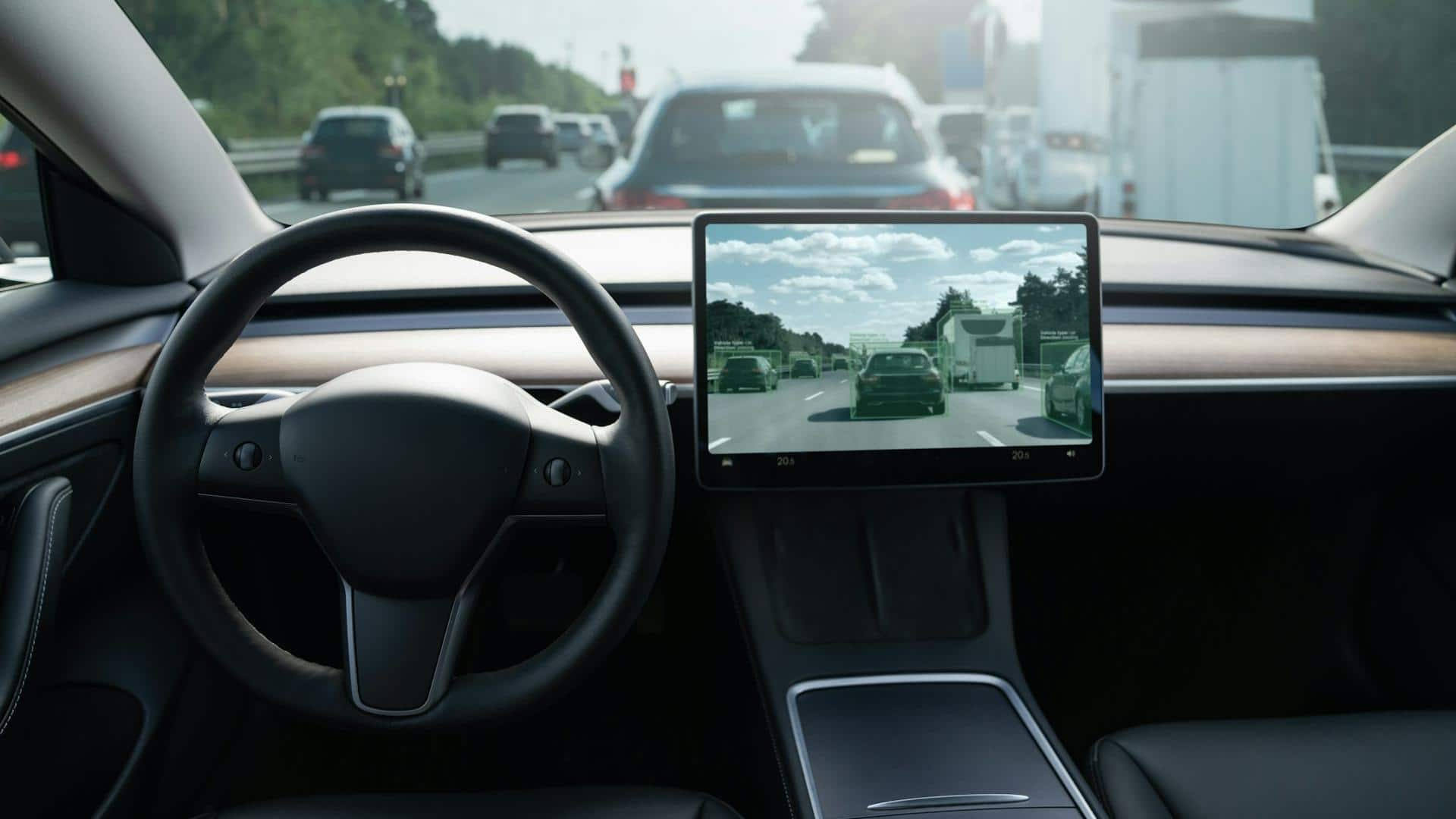
Self-driving cars to AI-driven maintenance—How tech is redefining everyday cars
What's the story
The automotive industry is witnessing a rapid evolution, with advanced technologies becoming a standard feature in modern cars. These innovations are not just limited to luxury models but are now being integrated into mainstream vehicles. From self-driving capabilities to biometric keys and adaptive technologies, these advancements are reshaping the driving experience and making it safer and more convenient than ever before.
Autonomous rides
Self-driving capabilities
The idea of self-driving cars dates back to the 1920s, but it has only recently become a reality. Waymo, a California-based company, is one of the first to offer an autonomous ride-hailing service. The company uses custom maps, artificial intelligence (AI), and real-time sensor data for navigation instead of relying solely on GPS. Other companies are quickly entering the space. Hyundai recently partnered with Avride to develop its own robotaxi fleet, while Tesla's first robocars will debut later this month.
Keyless entry
Biometric keys
Gone are the days of traditional car keys, as biometric technology is taking over. The 2025 Hyundai Genesis GV60, for instance, comes with a door-mounted camera that unlocks the car when you show your face. Tesla has also adopted biometric technology in its Model 3 and Model Y models, using facial recognition to adjust seat position, cabin temperature, and more according to the driver.
Electric evolution
Flexible range options for EVs
The 2026 Kia EV4, unveiled at the 2025 New York auto show, is a prime example of how far electric vehicles (EVs) have come. It offers two battery capacities: One with a range of over 480km and another with a range of approximately 362km to 402km. This flexibility in range options is a major step forward for the EV market, giving consumers more choices depending on their needs and budgets.
Enhanced safety
Adaptive technologies on manual cars
Adaptive technologies like cruise control, hazard detection, and accident prevention are now being offered on more models and trim levels by automakers. Subaru is one such manufacturer that has started offering these features on its manual sports cars with EyeSight tech. The system uses two front-facing cameras to scan the road for hazards and can automatically reduce speed or apply emergency braking if needed.
Tech upgrade
AI-driven predictive maintenance
General Motors is using OnStar to keep drivers informed about their car's health and performance. The system sends a monthly vehicle condition report with color codes indicating the status of key systems like brakes, oil life, engine performance, transmission, and tire pressure. Now, with AI predictive maintenance, these features are being taken up a notch by analyzing data from recalls to predict potential future problems.